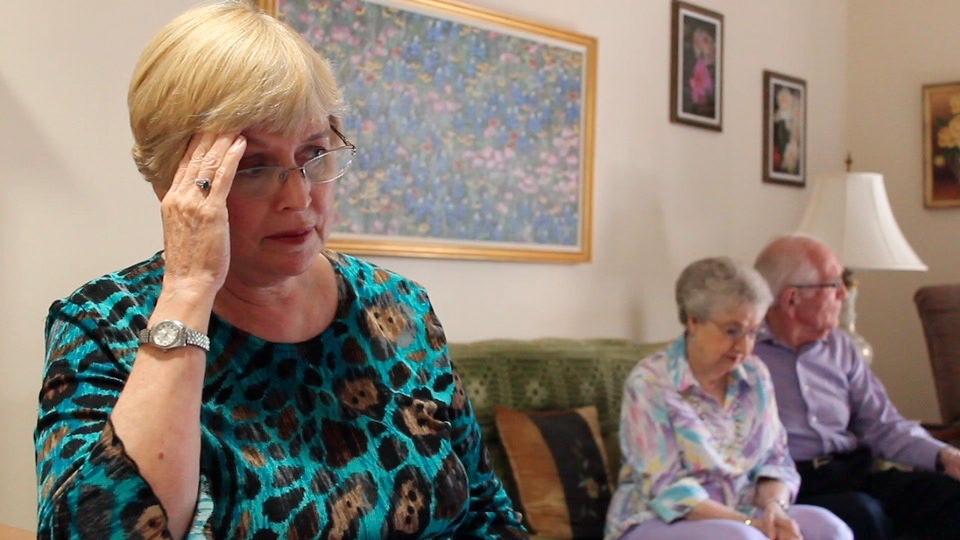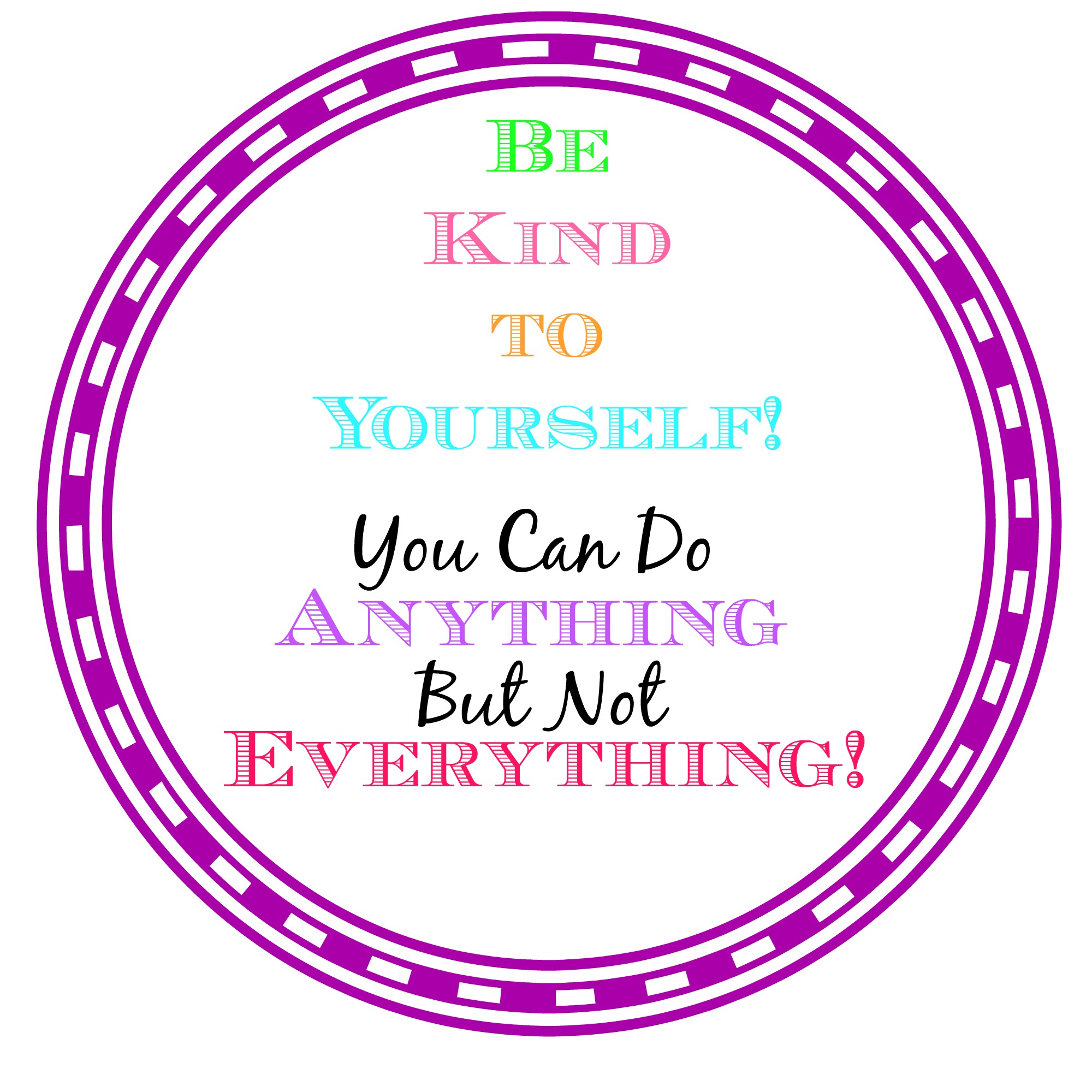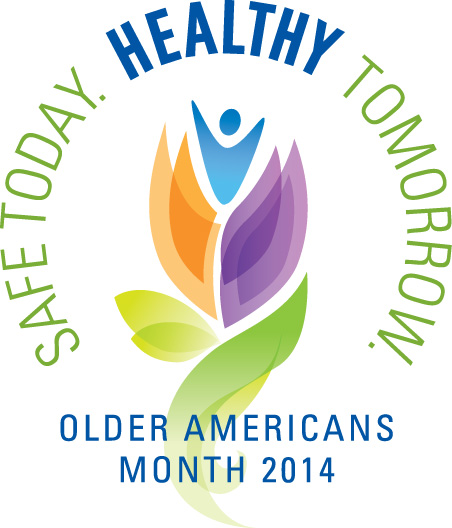As a young child I have vivid memories of my grandmother who had been paralyzed from a stroke sitting up in her bed and digging in her little coin purse to give us money for the ice cream vendor as he made the rounds in our neighborhood. My mother was the youngest of five siblings and had taken on the role of caregiver. My older brothers and me thought it was great especially whenever we were in trouble, her bed was a great hiding place and she forgave all our antics with a kiss and a few pennies for ice cream! Throughout her life mom not only cared for her mother, but her father-in-law, an uncle and an elderly neighbor; yet she never considered herself a caregiver, that was just what families did for one another.
- Blog
- About Us
- Caregiver Videos
- Alzheimer's
- Ask the Geriatrician
- Assistive Devices
- Caregiver Info
- Cultural Sensitivity
- Dementia
- Dementia Activities
- Depression
- Diabetes
- Elder Abuse
- Elder Care Issues
- En Español
- Fall Prevention
- Grief & Loss
- Heart Issues
- Hearing & Vision
- Hoarding
- Hospice/End of Life
- Living in a
Nursing Home - Medications
- Mental Health
- Nutrition
- Oral Care
- Parkinson's Disease
- Quality of Life
- Senior Health
- Sexuality & Aging
- Spirituality & Aging
- Stress
- Substance Abuse
- Wound Care
- Continuing Ed
- Resources










